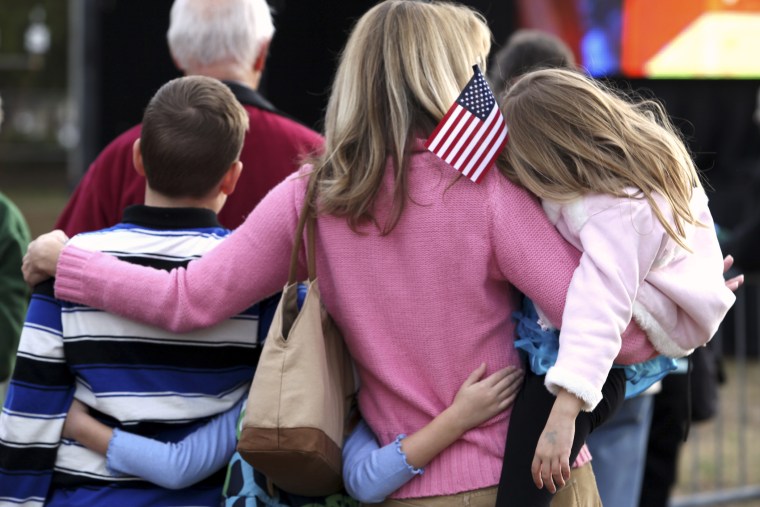Today marks the 100th anniversary of our nation’s formalized celebration of Mother’s Day.
President Wilson signed a proclamation establishing the event on May 9, 1914, encouraging individuals to display the United States flag on the second Sunday of May “as a public expression of our love and reverence for the mothers of our country.”
The holiday has continued as an expression of gratitude for mothers. Anna Jarvis, a woman from West Virginia, is widely cited as organizing the first Mother’s Day observance that bears resemblance to our holiday today. Her mother, Ann Reeves Jarvis, organized Mother’s Day Work Clubs that sought to improve the health of women and children, and during the Civil War converted them into nursing stations for soldiers.
Nearly a decade prior, Julia Ward Howe wrote her 1870 “Mother’s Day Proclamation,” which called for women to “arise” and “say firmly” their disavowal of war and a call to “Disarm!”
Howe and Ann Jarvis’s initiatives are illustrative of the long connection between motherhood and political action. Throughout history, women have framed their arguments for political inclusion by making a claim that their gender adds something needed to the public sphere. Motherhood, or the potential of motherhood, was often an ingrained part of that argument.
Earlier this year, Melissa Harris-Perry led a four-week online experience called the Nerdland Scholar Challenge, featuring daily readings about the intersection of motherhood and politics. The first week of that challenge focused on the arguments made by women in support of temperance and suffrage. The Challenge cited movement leaders like Frances E. Willard, advocating that women must have political power in order to address societal problems they are uniquely equipped to recognize. Those problems frequently related to the protection of home and children.
The Challenge also investigated activism by mothers in our contemporary moment, specifically in response to gun violence. Organizations like Moms Demand Action for Gun Sense in America center motherhood as the core of their political power and advocacy. Their website explains, “American mothers are an important voice that, when harnessed, will wield significant change.”
That message is reflective of the idea that led Howe in 1870 to call upon mothers to reject war, and Ann Jarvis to organize women in pursuit of a collective good.
Mother’s day is about love and reverence, as President Wilson established, but it should not be divorced from mothers fighting for political inclusion, advocating and organizing on behalf of political causes, and making a unique claim for political insight based on their motherhood.
To learn more about the intersection of motherhood and politics in the United States, catch up on the full Nerdland Scholar Challenge: The Mother of All Politics.
